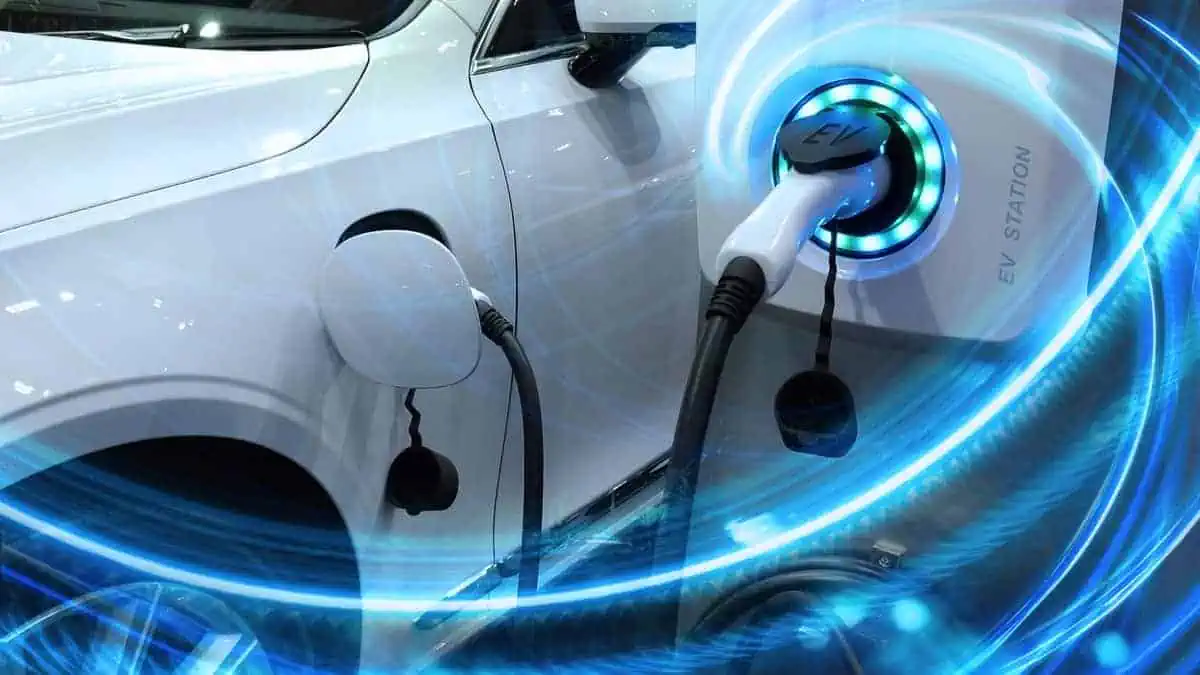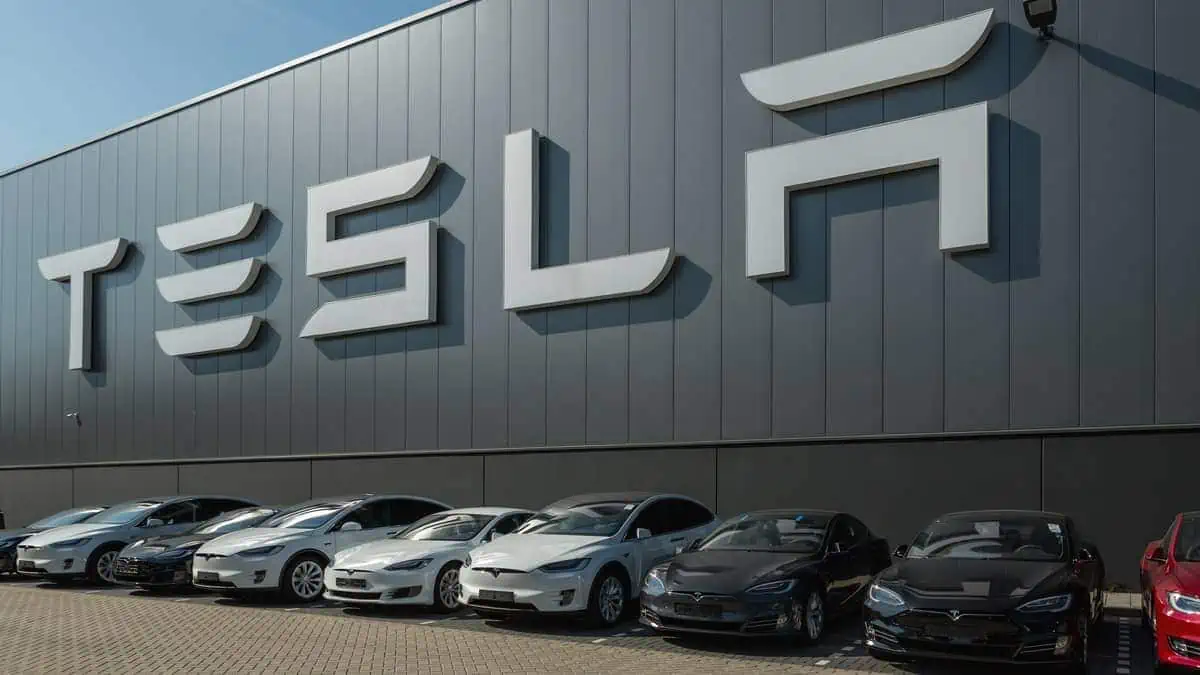Ethernet chip firm Ethernovia announced on May 15 that it successfully raised $64 million in Series A funding to boost electric vehicle production in the United States.
According to the press release, multiple investors joined the funding round, including “Porsche Automobile Holding SE (Porsche SE), Qualcomm Ventures, VentureTech Alliance, AMD Ventures, Western Digital Capital, Fall Line Capital, Taiwania Capital, ENEA Capital, and others.”
What’s the big deal?
The US government is investing billions of dollars in domestic chip production as it aims to lessen its reliance on China.
The CHIPS and Science Act, signed into law by the White House in 2022, will allocate more than $50 billion in domestic semiconductor chip production.
It is worth noting that these chips are extremely relevant to the US efforts in accelerating EV production.
In connection, Ethernovia produces a “seamless, holistic and streamlined hardware and software system” that adheres to the demand for software-defined EVs.
“We are extremely grateful for the vote of confidence this group of industry-leading investors has given Ethernovia’s technology and vision for the future of the connected car.
We take great pride in developing the cutting-edge network architecture to power the car of the future. These innovations set a new industry expectation in what can be achieved in meeting the cost, power and flexibility that car manufacturers and consumers demand in new vehicles.”
Ramin Shirani, Ethernovia co-founder and CEO
Modifying industry standards
Streamlining EVs’ hardware and software system fastens its production and eases troubleshooting.
“The trends towards electrification and connectivity in the automotive industry as well as developments in the field of automated driving result in ever increasing requirements on fast and secure data transmission from a wide variety of sources in vehicles and to the cloud.”
Lutz Meschke, Board of Management member at Porsche SE
See Also:
- Bank of America sees ‘On Semiconductor’ stock surging more than 25% as EV demand grows
- Biden administration announced $2.8 billion in grants for electric vehicle battery manufacturing
- GM obtains EV semiconductor parts with a “first-of-its-kind” agreement
- Tesla delivers hardware 4 computers (FSD2)-equipped vehicles
- Global auto semiconductors shortage to improve or even end in 2023
Indeed, the industry is preparing for flexible infrastructure that can swiftly adjust to changing cybersecurity and road accuracy standards as EV adoption increases. Essentially, the software and hardware offerings from Ethernovia are part of a larger sector-wide effort to address such needs.






